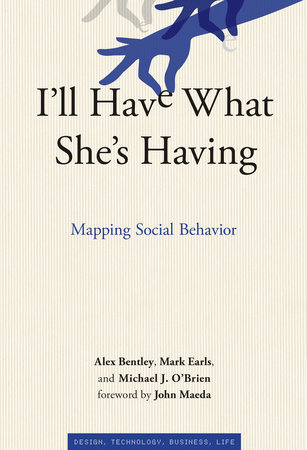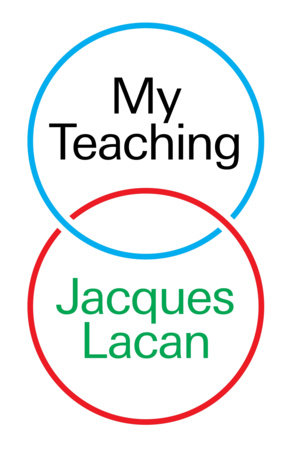

Add to Bookshelf
Storytelling and the Sciences of Mind
By David Herman
By David Herman
By David Herman
By David Herman
Best Seller
Category: Psychology
Category: Psychology

Paperback
$40.00
Feb 24, 2017 | ISBN 9780262533775
-
$40.00
Feb 24, 2017 | ISBN 9780262533775
-
Jul 12, 2013 | ISBN 9780262315708
YOU MAY ALSO LIKE

Princeton Review AP Psychology Premium Prep, 22nd Edition
Trade Paperback Original
$27.99

GRACE: A Model for Grieving Workbook
Trade Paperback Original
$21.00

I’ll Have What She’s Having
Trade Paperback
$30.00

Outshining Trauma
Trade Paperback Original
$21.95

The Unshaming Way
Trade Paperback Original
$19.95

My Teaching
Trade Paperback Original
$19.95

We Who Wrestle with God
Hardcover
$35.00

Who Gets Believed?
Trade Paperback
$17.95

Antiracist by Design
Trade Paperback Original
$30.00
Praise
Storytelling and the Sciences of Mind is an important attempt to bridge the gap between several (sub)disciplinary approaches while avoiding the pitfalls of the promotion of one master discipline….David Herman proves an excellent guide, both by the richness of the information he provides and by the clever positions he takes toward them.—Leonardo—
Looking for More Great Reads?
21 Books You’ve Been Meaning to Read
21 Books You’ve Been Meaning to Read
×
Become a Member
Just for joining you’ll get personalized recommendations on your dashboard daily and features only for members.
Find Out More Join Now Sign In










